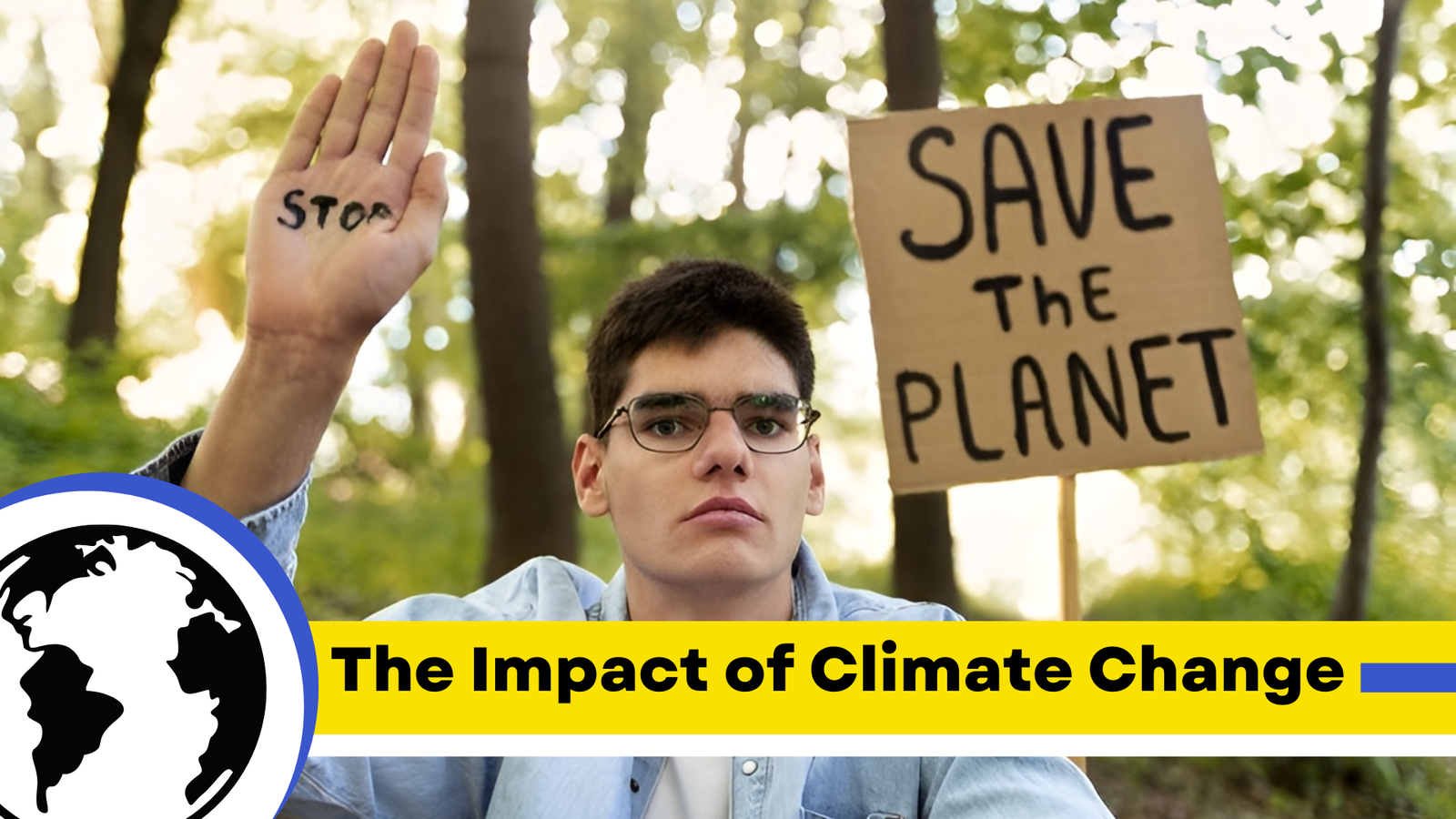
Firstly, The Impact of Climate Change. Global climate change is not a future issue but today’s reality with enormous impact on health of society all over the world. Secondly, Global warming, hurricanes, changing disease trends, and many more are some of the exterity factors that poses threat to human and communities. Be it heat- related stress or increased frequency of floods, air borne diseases or simple communicable diseases, climate change is threatening human health in multiple ways.
The time has come to apply the concept of climate change to people as it is no longer a subject for discussion distinctive for its distant prospects; on the contrary, its thermogenic consequences are increasingly affecting the global community and its health. But, Extreme meteorological conditions and disease patterns are on the rise with the temperatures thereby becoming a potential threat to public health. Nonetheless, as the global society is facing these risks, there are gradually emerging, constructive practices to address the impacts of climate change. So, This article describes the major health impacts of climate change and the approaches to minimizing these threats and preserving the health of people and societies.
Key Health Risks of Climate Change

These threats are exerting tremendous pressure on the health care institutions around the globe thus worsening existing ailments and churning out fresh perils. Such groups of people as children, elderly people and persons with chronic diseases seem to be in the most dangerous zone.
These problems are putting significant pressure on healthcare organizations globally, extending the impact of existing diseases and generating new dangers. In more detail, the COVID-19 is most dangerous to the following vulnerable groups of people: children, elderly people and those who have some chronic conditions. Some are heat stress disorders, respiratory conditions caused by unhealthy climate, and infections arising from change in climatic conditions.
Mitigating the Health Risks of Climate Change

1. Adaptation Strategies in public Health
- Improving Healthcare Infrastructure: It is important to hence build capacities of healthcare systems to respond to increasing prevalence of heat-related diseases and respiratory problems. This encompasses investment in, and development of, heat shelters and perhaps guaranteeing that health facilities would be adequate and prepared to handle and contain weather-related health emergency.
2. Resilience of the climate in vulnerable communities
- Climate-Smart Health Services: The **idea is to ensure provision of climate smart healthcare which prepares the communities for changing climates.
- Public Health Education: This is as a result of giving information on how to prevent heat stress as well as how to identify the symptoms of heat stress as well as measures to minimize the occurrence of diseases caused by mosquito.
3. Environmental and policy action isthe only reliable way to increase cooperation between traditionally opposing parties.
- Carbon Emission Reductions: Controlling greenhouse emissions is the only way in which climate change effects and further deterioration of peoples’ wellbeing can be curbed. For a long time, people, companies and governments have relied on fossil fuels to meet their energy needs and have produced so much waste, hence deliberate effort has to be made in the management of the environment through changing from power from renewable sources, and managing waste production.
- Urban Planning for Sustainability: Rate of climate change health threats is higher in the urban areas. Density natured green area, developing public transport system and sustainable structures are helpful to avoid the heat island condition and air pollution in cities.
The Role of Global Cooperation

This means that there is need to involve worldwide collaboration in the effort towards climate change and related health issues. Combating the impacts of climate change is a daunting challenge that needs collective action of governments, global institutions, institutions of public health, and the business community. Through cooperation with other states, countries can use collective funds, ideas, and set up common measures within which short-term and long-term action plans regarding the people’s health will also be provided.
Conclusion

Climate change has been linked with excess mortality, and therefore active measures must be taken to reduce the effects on public health. Adaptation, education, and concerted global effort to mitigate the climate change threat represent we key to developing a healthier future. This is where climate change conservation comes into play; as a broad subject that encompasses environmental measure, polices and health care measures needed to safe guard our communities from the adverse effects of climate change.
Meaning that there is an increase in awareness of the operational outcomes of climate change from which measures of protection of public health by both local and global communities should be enhanced. Efforts aimed at preventing impacts of climate change on the health of people and quality of life must come from everyone – from governments and organizations to the citizens.
Read More: Healing through music for Alzheimer’s





